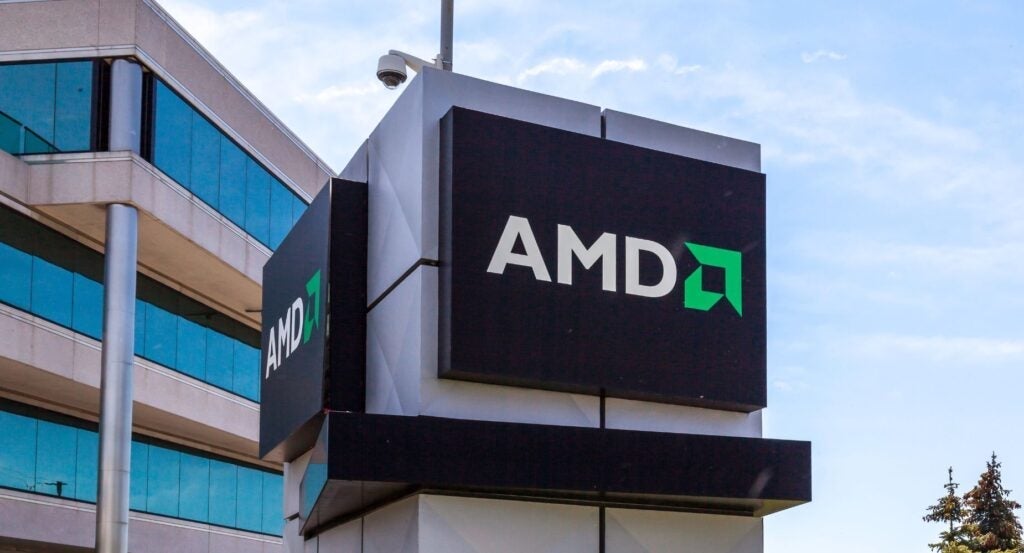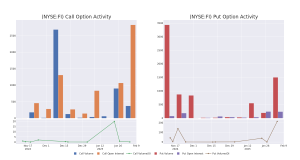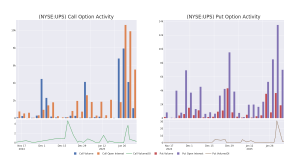
Advanced Micro Devices, Inc. AMD saw its shares drop nearly 8% in Wednesday’s pre-market trading following a less-than-stellar growth forecast for its data center revenue. The company announced its results after the market close on Feb.4.
What Happened: The company’s data center division, its largest revenue contributor, generated $3.9 billion in the fourth quarter, falling short of the projected $4.1 billion. The company attributed the increase to strong sales of both its Instinct GPUs and EPYC CPUs, which rival Intel Corporation‘s INTC processors.
The company also anticipates data center revenue for the first quarter of 2025 in the range of $6.8 billion to $7.4 billion. However, it trailed the analysts’ forecasts of $7.01 billion, leading to a decline in the stock price.
Additionally, the company’s gaming and embedded revenues saw significant declines, which may have contributed to the dip in AMD’s stock.
AMD reported fourth-quarter adjusted earnings per share of $1.09 on revenue of $7.66 billion, slightly beating Wall Street’s forecasts. Meanwhile, the client segment, which includes PC chips, outperformed expectations with $2.3 billion in revenue.
Why It Matters: The recent performance of AMD’s shares can be understood in the context of the company’s ongoing struggles and restructuring efforts. The company announced plans to merge its client and gaming segments following a 59% year-on-year decline in gaming revenue. This restructuring is set to begin in the first quarter of 2025.
AMD is currently battling for AI market share against Nvidia Corporation NVDA, a leader in high-powered AI chip sales while also facing stiff competition from Qualcomm Inc. QCOM. Over the last year, AMD shares have fallen over 31%, while rival Nvidia’s shares have surged 70%, while Qualcomm climbed nearly 20%, according to data from Benzinga Pro.
CEO Lisa Su forecasted a “strong double-digit percentage revenue and EPS growth” for 2025 for AMD’s AI and data center. However, she cautioned that AI chip sales in early 2025 will be comparable to late 2024 before accelerating in the second half.
Overview Rating:
Speculative
Market News and Data brought to you by Benzinga APIs
© 2025 Benzinga.com. Benzinga does not provide investment advice. All rights reserved.


